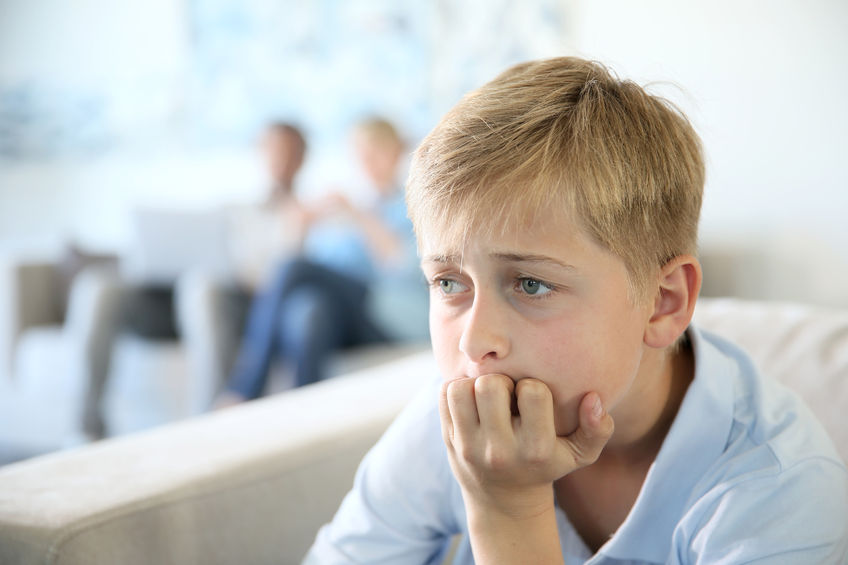I cannot recall exactly when Everett, my soccer-loving 9 year-old starting insisting upon sleeping on our floor, but it has to be six months ago. At the time, I didn’t think much of the request. After all, he’s our littlest boy and it is cute that he still wants to be around his parents (note: my teens don’t).
But, I’m beginning to worry about him.
Not only have we failed to convince Everett to return to the room he previously shared with his oldest brother, we are noticing other areas of life where he seems exceedingly anxious. Most recently, after failing to fall asleep for nearly 45 minutes, Everett appeared from our bedroom in full panic – sobbing, gasping for breath, and saying that his chest hurt.
WTF do we do?
As usual, I tend to poo-poo these episodes as “normal” worry. As a child, I carried a lot of worry. I never, though, felt so overcome that I broke down like Everett has recently. And, increasing, once Everett’s worry spicket opens, the flood waters of emotion come fast and furious.
His overwhelming worrying has continued outside of our bedroom floor – to soccer games, to new situations at school, not wanting to have sleepovers, to insisting upon my wife or I being at home with him constantly. I’m now convinced this is not “normal” worry.
WTF do we do?
Consulting Dr. Google, parents like me are presented a few options. First, there are pills that promise to help. Some are natural vitamin types, other see like true prescriptions. No thanks.
Next, there are enumerable articles and resources talking about anxiety and depression or advice that you might expect from experts. Hmmm.
I immediately think: (a) I’m not giving my son unproven (non-FDA regulated) meds and (b) it is obvious that this level of anxiousness does not heal itself with patience. We have to help Everett cope.
So, after looking at several articles about how to help your child cope with feelings of anxiousness, I have found the following themes that seem doable.
- We should not address the anxiety by avoidance.
- We should not ignore his worry or tell him that it is unreasonable or crazy.
- Deep breathing techniques are an effective, non-pill method to help.
- The time table for getting through is up to the kid – anxiety might pass quickly, it might not ever.
My wife and I are doing our best to help Everett diagnose, talk about, and cope with his anxiety triggers. We’ve become more intentionally aware of upcoming changes that might throw Everett into a worry tailspin – new schedules, a work trip, or unexpected school duties.
One thing I am not ready to do, though, is to get a professional diagnosis for our son. Maybe somewhere deep down that means I think that, like most young kids “stuff”, this too will pass. Maybe I’m naïve to the effectiveness of using a pediatrician or psychologist. Or, maybe, I hold the opinion that too many doctors are far too quick to prescribe pills that are tough to quit. For us, the docs can wait.
When I start to feel so badly for my little guy, I think to myself that things could be worse. But, holy crap, this parenting stuff is hard and ever-changing.
We’ll get through, I’m sure of that.
I’m not sure, though, how many times I’ll ask myself “WTF” in the process. I’m not sure how many more times I’ll tell Everett to “suck it up.” I’ll have my heart in my throat when Everett leaves, just as I did on his first day of school when I knew that he was secretly freaking out.
I hope it gets better.
As sure as Everett will be snoring on our bedroom floor tonight, it will.
